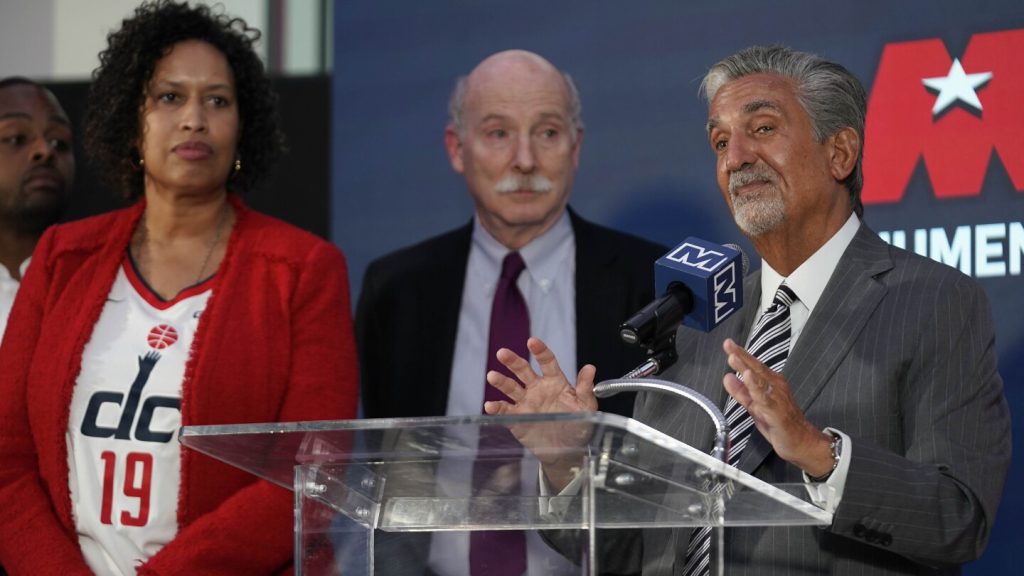After a failed attempt to relocate his NBA and NHL teams to Virginia, Ted Leonsis, the majority owner of the Washington Wizards and Capitals, faced backlash and blame from various parties involved in the deal. The collapse of the project, which would have involved a taxpayer-backed arena in Alexandria, set off a round of bitter recriminations among Virginia officials and companies. The failed deal was seen as a missed opportunity for economic development in the state.
The blame game began with Alexandria announcing the end of negotiations and expressing disappointment in the actions of the Governor and General Assembly. Democratic leaders of the General Assembly blamed Governor Youngkin for mismanaging the process, leading to the failure of legislation that was crucial to the deal. The demise of the project highlighted the challenges of bringing together various stakeholders and navigating the legislative process in Virginia.
House Speaker Don Scott faulted the governor for involving the Legislature late in the game, leading to the deal’s collapse. Leonsis, in a news conference with D.C. Mayor Muriel Bowser, took jabs at Virginia while expressing gratitude for the more favorable deal offered by Washington. The real estate company JBG SMITH, a partner in the failed deal, unleashed a statement questioning the motives of key Senate leaders, sparking further controversy and accusations.
The deal’s derailment was attributed to partisan politics and allegations of special interests influencing the legislative process. Details emerged about an 11th-hour pitch to combine the casino and arena, but the idea was not enough to salvage the deal. Various players in the deal-making process expressed frustration and disappointment over the outcome, with accusations of lies and conspiracy theories circulating among the parties involved.
The failed negotiations in Alexandria raised concerns about the state’s future economic prospects and the impact of political wrangling on potential business partnerships in Virginia. While some saw the collapse of the deal as a setback for the state’s business climate, others believed that Virginia’s strong economic environment in northern Virginia would persevere despite the missed opportunity. Governor Youngkin acknowledged the disappointment but understood Leonsis’ decision to explore other options, including the more favorable deal offered by Washington.
In the aftermath of the failed relocation deal, the parties involved reflected on their mistakes and the challenges of navigating complex negotiations in Virginia. The incident shed light on the intricacies of public-private partnerships in economic development projects and the importance of transparent and collaborative decision-making processes. Despite the setbacks, there remained optimism about the state’s potential for future business partnerships and economic growth in the region.


